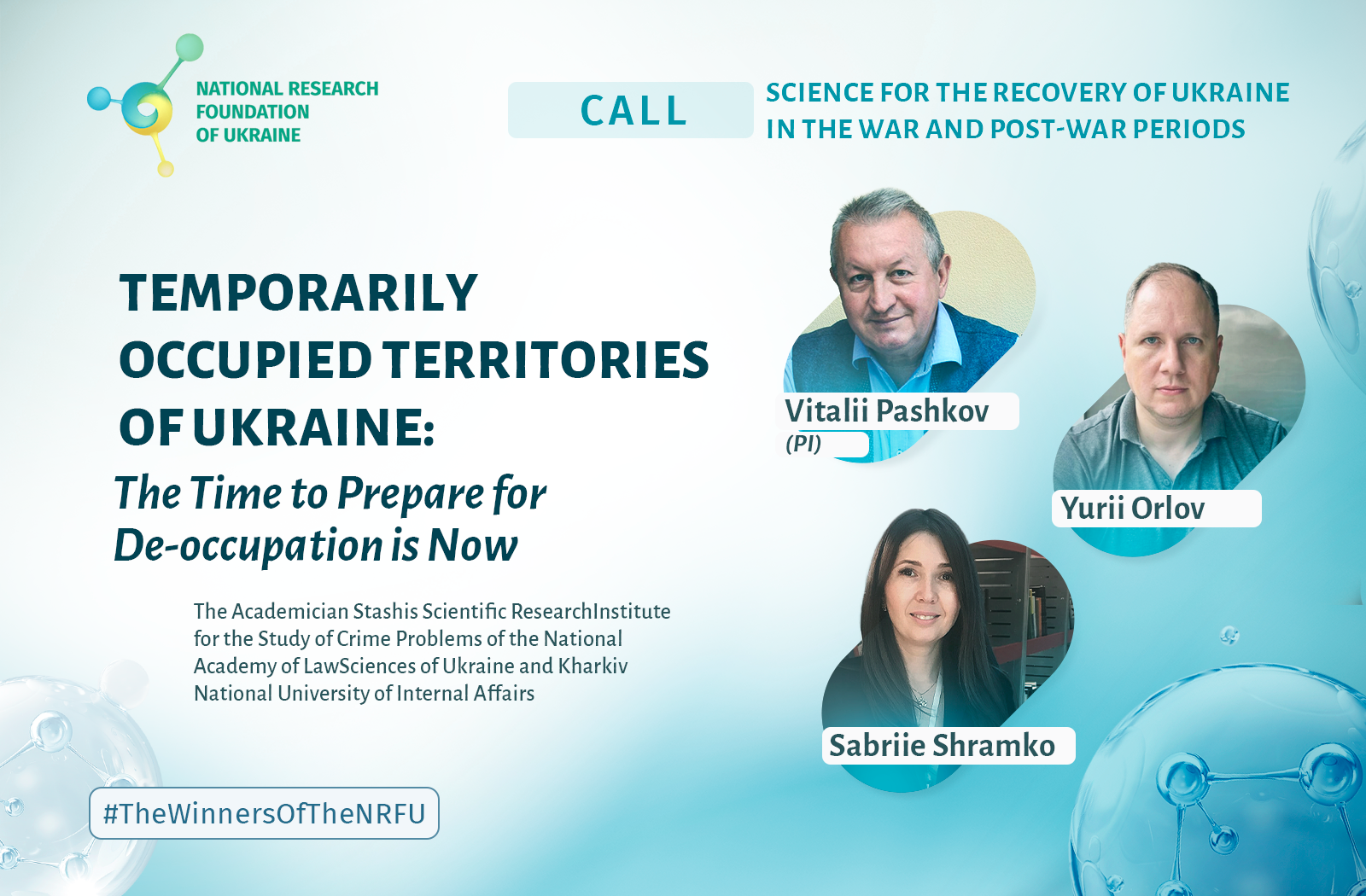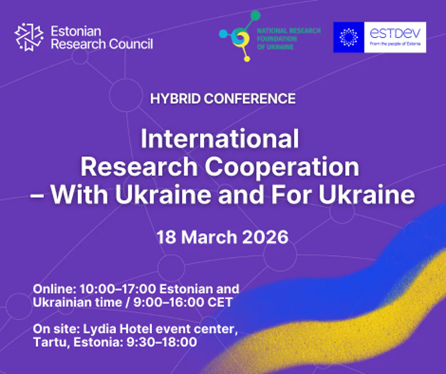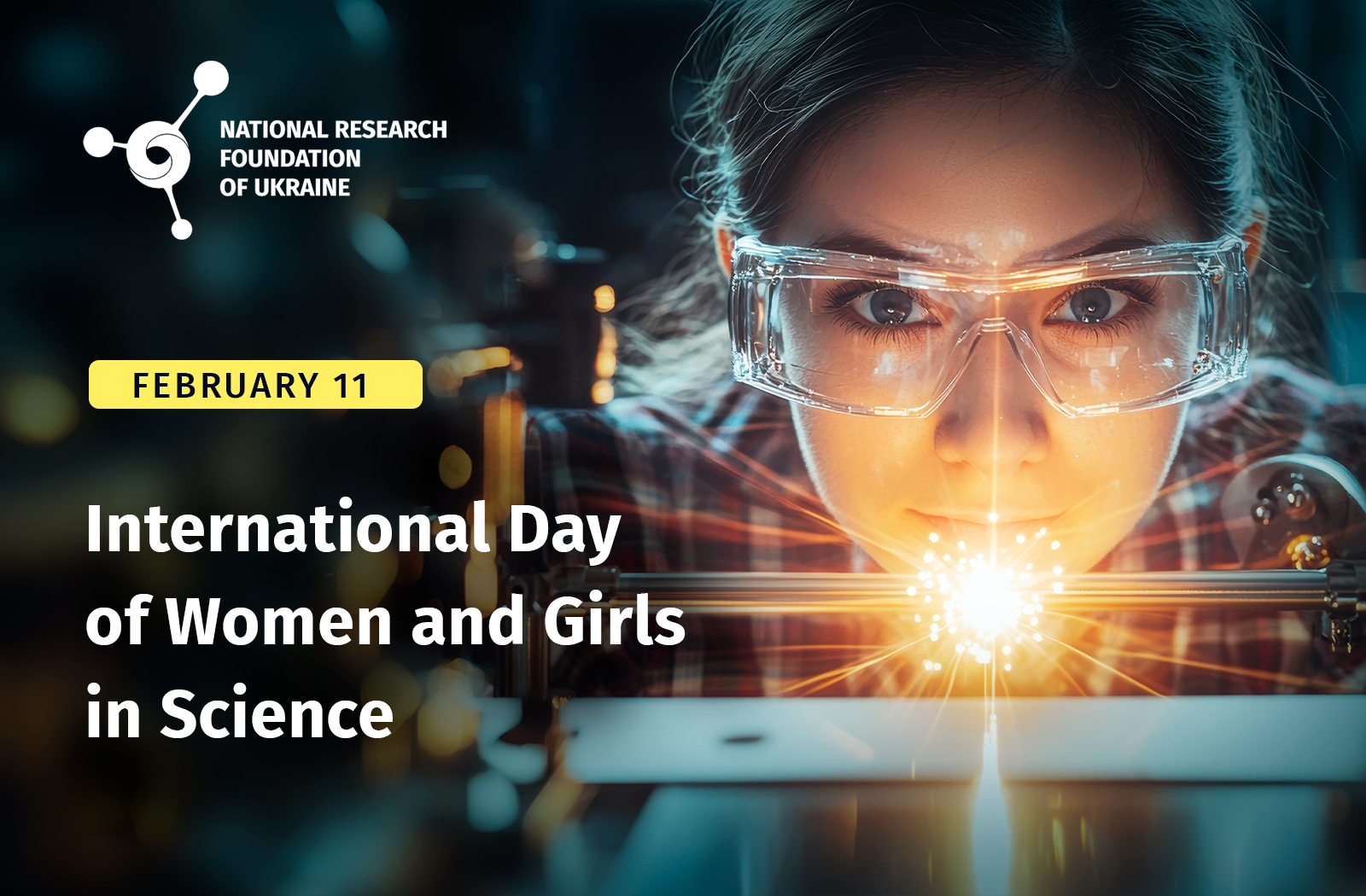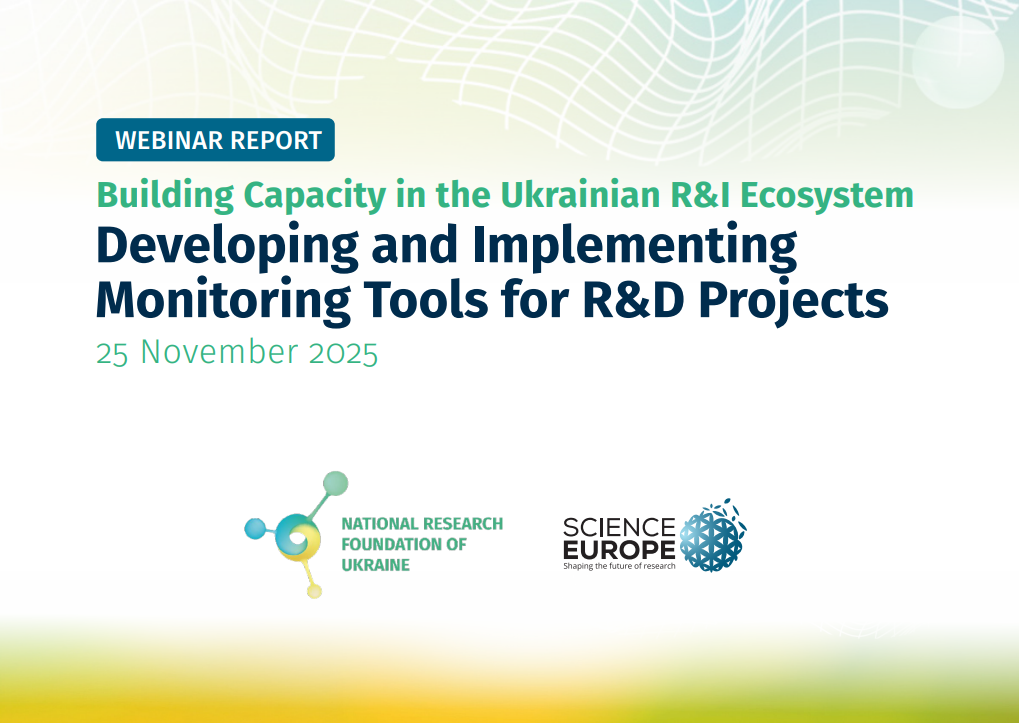Mankind must make a new technological leap, overcome today’s incurable diseases, grow sustainable food crops, build “green” engines, electric generators and transport that does not poison the air. According to scientists nanotechnology will help solve these problems.
Todaya team of scientists from Lviv Polytechnic National University is developing new nanomaterials and technologies.
The interdisciplinary team includes researchers specializing in physical and inorganic chemistry, technical electrochemistry, technology of inorganic substances, chemical engineering. In recent years, they have been working in the field of controlled production of metal nanoparticles and nanostructures using electrochemical methods. They admit that if they had not won the competition, they would have continued to work on this topic – on old equipment and with minimal funding.
But the victory in the competition was a real “breakthrough” for the research team.
The most important thing is the controllability of the process!
What is the essence of the project?
Orest Kuntyi explained that the most important task of scientists is to ensure the controllability of the synthesis process and to obtain nanomaterials with specific given characteristics. Implementing this task is not that easy, and scientists from many countries have been working on it in recent decades.
But the team has significant success! In particular for the controlled formation of nanoparticles, scientists have proposed to use a non-aqueous medium, which has significant advantages (today, most researchers in the world use the aquatic one).
In addition to the design of nanomaterials, the task of scientists is to develop the theoretical foundations of nanomaterial technology (with a focus on practical implementation), as well as to minimize the use of toxic precursors (starting reagents). Simply put, the synthesis of nanomaterials should be as green as possible.
What is done?
The project should be completed in 2022. Today, scientists are clearly on schedule, they have received significant research results, based on which they formed the principles of controlled and “green” synthesis of silver nanoparticles with antibacterial activity.
– The results that make us especially happy include the purchase of equipment worth UAH 300,000 at the expense of the project, – Orest Kuntyi smiles. – A device worth 800 thousand hryvnias is on its way! A few years ago, one could not even dream of such a thing.
Scientific joy
The research laboratory of the Department of Chemistry and Technology of Inorganic Substances of Lviv Polytechnic National University has been one of the most popular places in Higher Education Institutions for young researchers since last autumn. The project supervisor does not hide his joy: “You would see the reaction of our youth to these acquisitions! – says Orest Ivanovych. “First, we are conducting research on the project at a previously inaccessible level, and second, young people are already planning future research”.
The results of the project are the basis of new areas of research
The supervisor said that a lot has been done, but more scientific tasks and plans are ahead.
In particular, scientists plan to synthesize nanoparticles from two metals (gold-silver, silver-palladium), which will significantly outperform monometals.
The results obtained during the project give reason to hope for future scientific “breakthroughs”. “The results of previous studies of electrochemical reduction of CO2 using the catalytically active cathodes obtained by us give grounds for the formation of a new promising direction in the near future”, said Orest Ivanovych. – Catalytically active electrodes for oxidation of alcohols – materials for fuel cell anodes, which are actively working on scientists from developed countries. The creation of such fuel cells is a movement towards “green” engines, electric generators and transport that does not poison the air”.
Difficulties and victories
When asked about the difficulties, Orest Kuntiy answered that certain difficulties did arise, but they are due to imperfections of legislation and regulatory framework. “I am convinced that it is the scientific community that should lobby for the necessary legislative changes and improvements”, he said. – We need it ourselves, we should not expect that everything will be decided “above”, in the legislative and executive bodies”.
Svitlana GALATA






